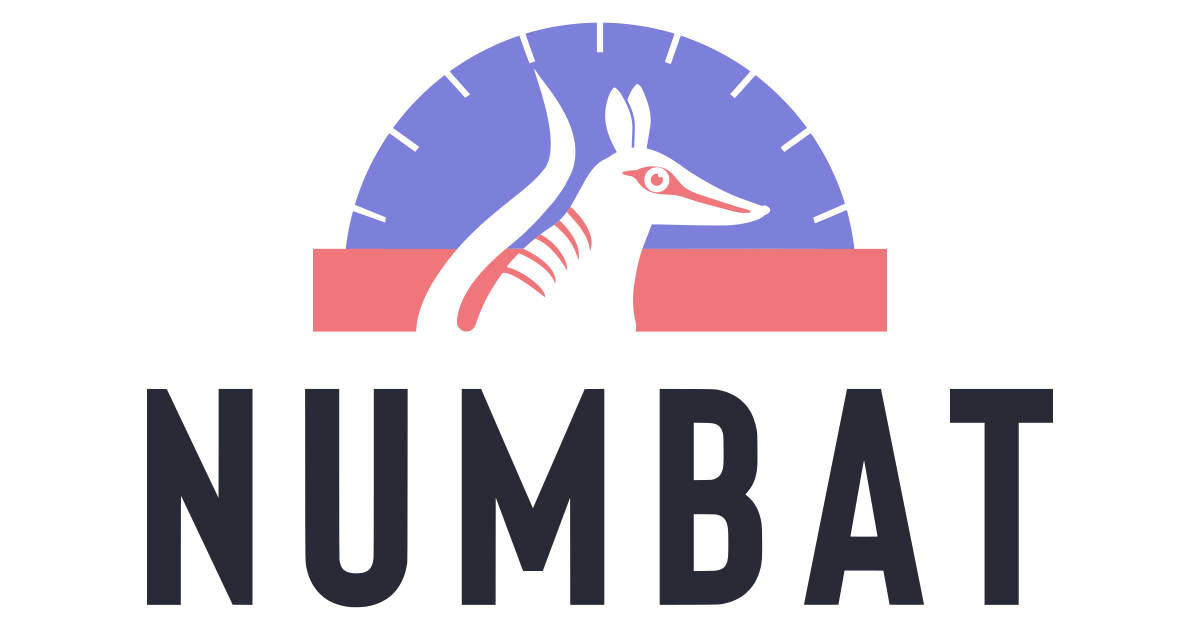bugsmith
- 14 Posts
- 73 Comments

 1·3 months ago
1·3 months agoTotally agree. Like most “rules”, it just needs treating with nuance and context.
You know, I wish I could enjoy IRC - or chatrooms in general. But I just struggle with them. Forums and their ilk, I get. I check in on them and see what’s been posted since I last visited, and reply to anything that motivates me to do so. Perhaps I’ll even throw a post up myself once in a while.
But with IRC, Matrix, Discord, etc, I just feel like I only ever enter in the middle of an existing conversation. It’s fine on very small rooms where it’s almost analagous to a forum because there’s little enough conversation going on that it remains mostly asynchronous. But larger chatrooms are just a wall of flowing conversation that I struggle to keep up with, or find an entry point.
Anyway - to answer the actual question, I use something called “The Lounge” which I host on my VPS. I like it because it remains online even when I am not, so I can atleast view some of the history of any conversation I do stumble across when I go on IRC. I typically just use the web client that comes with it.
I really like Nushell. I would not run it as a daily driver currently, as it mostly doesn’t win me over from Fish, feature-wise, but I love having it available for anything CLI date pipeline work I need to do.
Love this. Always interesting to see novel ways of querying data in the terminal, and I agree that jq’s syntax is difficult to remember.
I actually prefer nu(shell) for this though. On the lobste.rs thread for this blog, a user shared this:
| get license.key -i | uniq --count | rename license This outputs the following: ╭───┬──────────────┬───────╮ │ # │ license │ count │ ├───┼──────────────┼───────┤ │ 0 │ bsd-3-clause │ 23 │ │ 1 │ apache-2.0 │ 5 │ │ 2 │ │ 2 │ ╰───┴──────────────┴───────╯
Thanks. I didn’t know about these advanced libraries, and had not heard of C++ modules either. Appreciate the explanation.
I don’t code in C++ (although I’m somewhat familiar with the syntax). My understanding is the header files should only contain prototypes / signatures, not actual implementations. But that doesn’t seem to be the case here. Have I misunderstood, or is that part of the joke?
I like Konsole.
It comes with KDE, supports tabs, themes, and loads very fast.
I don’t really need more from a terminal than that. When I, rarely, need more advanced features like window splitting and session management I also use Zellij (previously I used tmux).

 3·10 months ago
3·10 months agoInteresting. That’s not something I’ve heard about until now, but something I’ll surely look into.

 4·10 months ago
4·10 months agoMistral-large is probably the best large model for practical purposes at this point.
What makes you say that? I have not performed my own comparison, but everything I have seen and read suggests that GPT4 is king, currently.

 2·10 months ago
2·10 months agoYes, I don’t know how I forgot to mention that Iceshrimp and Sharkey both have Mastodon compatible APIs - so all the same apps work (mostly).

 8·10 months ago
8·10 months agoBased on your requirements, I would suggest looking at one of the Firefish / CalcKey forks. They are ideal for single user or small instances and they support s3 compatible object storage out of the box.
I would recommend looking at Sharkey or Iceshrimp. Both are under very active development and have very responsive developers if you need support.
If you would like to check out an example, Ruud (of mastodon.world and lemmy.world) set up an instance of Sharkey at (you guessed it) sharkey.world.
Another vote here for Fastmail. I also like Posteo, Mailbox and mxroute, but these are not as fully featured - which may be perfect for you if you’re after email only. What I really like about Fastmail is that on top of being a customer-focused business (rather than a customer is the product business), they offer a really snappy web interface with excellent search - and they are extremely compliant with email standards, building everything on JMAP.
I do not like Proton or Tutanota. I have used both, including using Proton as my main email account for the past two years. I do believe they are probably the best when it comes to encryption and privacy standards, but for me it’s at far too much cost. Encrypted email is almost pointless - the moment you email someone who isn’t using a Proton (or PGP encryption), then the encryption is lost. Or even if they just forward an email to someone outside your chain. I would argue that if you need to send a message to someone with enough sensitivity to require this level of encryption, email is the wrong choice of protocol.
For all that Proton offer, it results in broken email standard compliance, awful search capability and reliance on bridge software or being limited to their WebUI and apps. And it’s a shame, because I really like the company and their mission.
Honestly, for any large scale project in Python, Pydantic makes it bearable. We use Python heavily at work (and I’d argue we shouldn’t be for the projects we’re working on…), and Pydantic is the one library we’re using that I wouldn’t be without. Precisely because it allows us to inject some of these static typing concepts and keeps us honest, and our code understandable.
Yes! The concepts are intertwined. I think the key take away, for me, is to lean heavily into your type system and allow that to do some of the heavy lifting. Accept that something like a
usernameis not a string, but a subtype of a string (this has to be true if any validation is required, otherwise you’d just accept any valid string).
It’s one of my favourites. Something I revisit every couple of years.

 251·10 months ago
251·10 months agoA seemingly unpopular opinion, but Christian Bale’s Batman is my favourite live action version of the character.

 7·11 months ago
7·11 months agoCelebrities, politicians and businesses will be more likely to show up on the platform, if that’s your jam.

 73·11 months ago
73·11 months agoWhen corporations inevitably arrive to the platform, we can use it to shame them into offering a decent service after they ignore our calls and emails.

 1·11 months ago
1·11 months agoThat one has been on my list for a while. Are you finding yourself able to easily apply what is taught to your day-to-day?











I’m a bit less extreme about it than many here. But, in short, back when Reddit made sweeping API changes it immediately gave me ‘the ick’ and so I sought less centralised platforms. Lemmy is the closest thing I’ve found to people just hosting their own message boards like back in the early internet.
I’m a big fan of decentralized platforms and I love the concept of ActivityPub.
That said, I still use Reddit and have recently started to really enjoy BlueSky, so I’m not militantly against the corporate platforms or anything.
Finally, I just like the natural selection things like Lemmy and Mastodon have for those who are naturally more techy and nerdy.